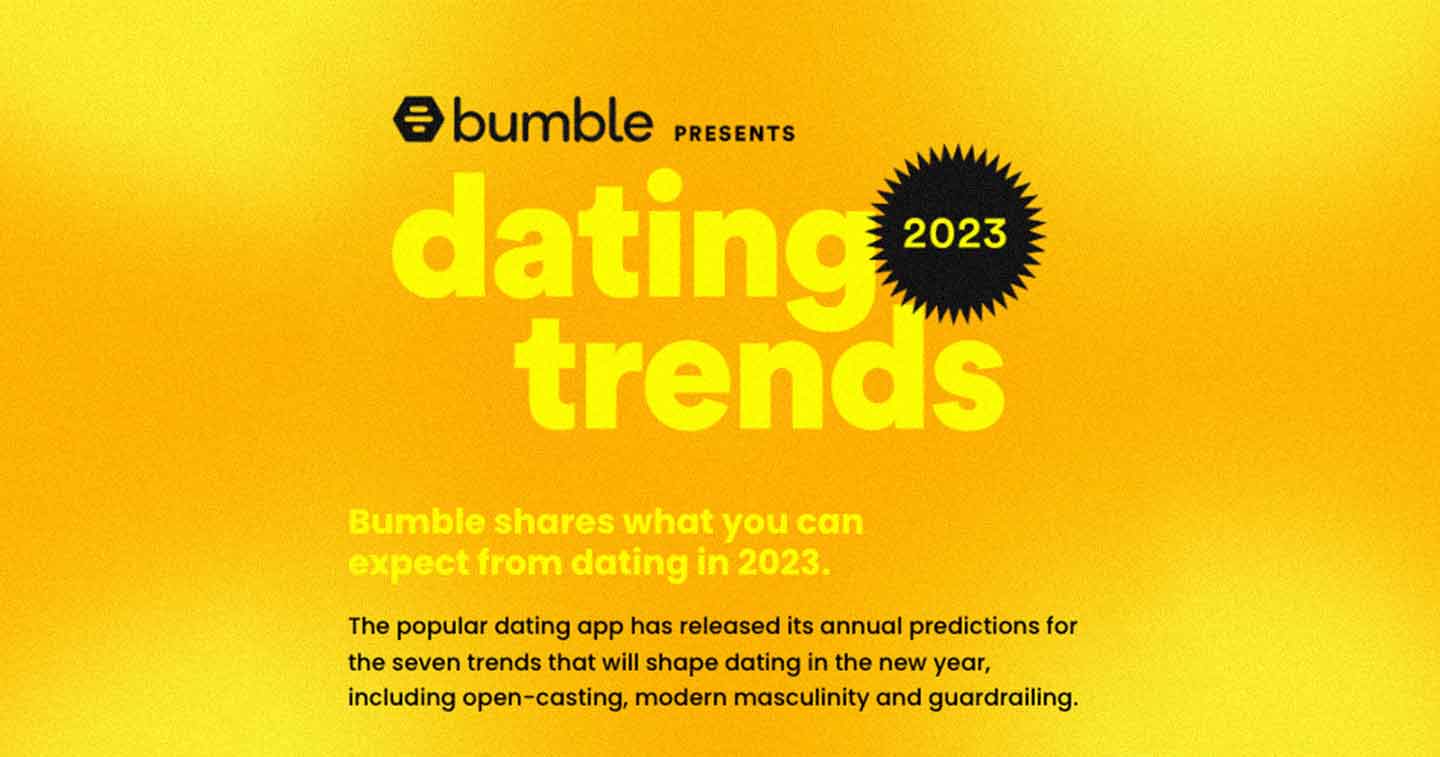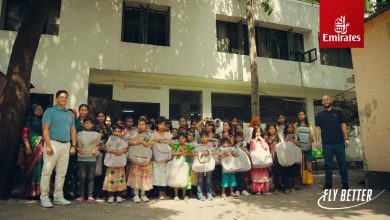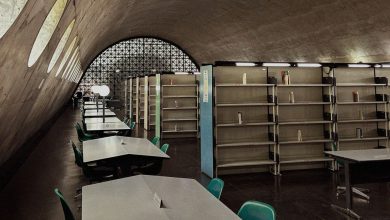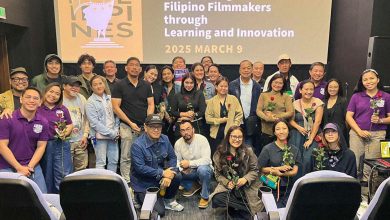SINGAPORE — Bumble, the women-first dating app, has released its top seven trends that will define dating in the new year. This year brought the return of iconic Y2K couples and fashion, an obsession with pink barbiecore, the clubbing scene making a comeback in Singapore – but what about local’s dating lives?
Bumble’s 2022 trends focused on rediscovery as we emerged from the pandemic with new behaviors such as hardballing, the rise of alcohol-free “dry-dating,” and an obsession with making hobbies part of dates. Looking ahead, it seems this year has taught lessons about what users want and how to best articulate their needs and boundaries. Following 2022’s year of rediscovery, Bumble’s research suggests that next year will be more focused on challenging the status quo and finding more balance in the way people date.
According to the popular dating app, users should be optimistic about dating in 2023 with 70% of people saying they feel positive about the romance that lies ahead.* When it comes to dating next year, Bumble suggests users should expect:
- Open Casting
It’s time to do away with the tall, dark, and handsome requirements as the narrow search for a physical “type” is not serving users. The opposite of type-casting, open casting refers to how 1 in 3 (38%) people around the world are now more open to who they consider dating beyond their “type” and 1 in 4 (28%) are placing less emphasis on dating people that others “expect” them to. What are people looking for? Specifically in Singapore, the overwhelming majority of people (67%) are now more focused on emotional maturity than physical requirements. - Guardrailing
With the return of office culture and busy social schedules, the majority of people are feeling overwhelmed right now. This has forced them to prioritize our boundaries and more than half (52%) have established more boundaries over the last year. This includes being clearer about our emotional needs and boundaries (63%), being more thoughtful and intentional about how we put ourselves out there (59%), and not overcommitting socially (53%). Similarly in Singapore, close to half of Singaporeans (46%) have established more boundaries in the past year. Overall, those surveyed locally are now more thoughtful and intentional in how they put themselves out there (75%), clearer about their emotional needs and boundaries (68%), and have chosen not to overcommit themselves socially (60%). - Love-life Balance
There has been a shift in the way people think about and value work, and their partner’s work. Gone are those days when job titles and demanding workdays were seen as status symbols with half of people prioritizing work/life balance (49%). This is even more apparent with Singaporeans, with 54% of those surveyed feeling the same way. When it comes to their partner, more than half of people globally care more about their work/life balance than their career status (54%). Over the past year, more than half of people (52%) are actively creating more space for breaks and rest and more than 1 in 10 (13%) will no longer date someone who has a very demanding job. Closer to home, 3 in 5 Singaporeans (60%) shared that they are intentionally creating more space for breaks and rest. Additionally, nearly twice as high as the global average, more than 1 in 5 Singaporeans (23%) are avoiding dating someone who has a very demanding job. - Modern Masculinity
Conversations about gender norms and expectations have been front and center. Over the last year, 3 in 4 (74%) of men say they have examined their behavior more than ever and have a clearer understanding of “toxic masculinity” and what is not acceptable. This is even more pronounced in Singapore where more than 4 in 5 Singaporean men (86%) have the same take on “toxic masculinity.” In fact, more than half of men on Bumble globally (52%) and in Singapore (53%) are actively challenging stereotypes that suggest that men should not show emotions, for fear of appearing weak. 1 in 3 Singaporean men (34%) now speak more openly about their emotions with their male friends, and more than 3 in 5 men (64%), agree that breaking gender roles in dating and relationships is beneficial for them too. - Dating Renaissance
Much like a well-known Queen B, many are having a renaissance with 1 in 3 (39%) people on Bumble having ended a marriage or serious relationship in the last two years. Meanwhile, 30% of Singaporeans on Bumble also experienced the same relationship journey in the past two years. In Singapore, these people are now jumping into their second chapter with 1 in 3 (35%) using dating apps for the first time, learning to navigate new dating languages and codes. - Ethical sex-ploration
The way that people are talking, thinking about, and having sex is changing. More of them are approaching sex, intimacy, and dating in an open and exploratory way (42%). Sex is no longer taboo, with more than half agreeing that it’s important to discuss sexual wants and needs early on (53%). Over the past year, 1 in 5 (20%) have explored their sexuality more and 1 in 8 (14%) of us are considering a non-monogamous relationship. However, this doesn’t mean everyone is having more sex. 1 in 3 (34%) people are not currently having sex and they are okay with that. This is particularly true amongst Gen-Z (39%). The rate is even higher in Singapore with nearly half (48%) not doing the deed and being alright with it. - Cash-Candid Dating
The rising cost of living has led to more honest and open conversations about money and dating with 1 in 4 (28%) of people globally and 1 in 3 (33%) in Singapore setting financial boundaries for their dating lives. This doesn’t mean they’re dating any less, but rather that they’re changing how they date with more than half (57%) more interested in casual dates than something fancy. This is similar to Singapore as more than half (54%) are keener for casual dates over fancy ones. In fact, 1 in 3 (32%) people globally and in Singapore are less impressed by over-the-top first dates.
Bumble’s APAC Communications Director, Lucille McCart said, “2022 was a formative year with the return of travel, the drastic increase in our social lives and commitments, and a number of turbulent global events. However, for some people, this post-pandemic shift left them feeling out of control and exhausted. In response to this, we’ve seen that people on Bumble are now prioritizing identifying and clearly articulating their boundaries. These boundaries can be emotional, like being upfront about what they want or recognizing red and green flags; physical, like ensuring they don’t overcommit themselves; or financial, encouraging candid conversations about previously taboo topics. All of these shifts are changing the ways that people are thinking about what they are looking for, and how they better balance their relationships, work, and life. As we head into the new year, we are encouraged by the many ways single people are challenging the status quo and taking control of defining what a healthy relationship means for them.”
To help Singaporeans connect in meaningful ways, those within the Bumble app can now recommend a profile to a friend via the “Recommend to a Friend” feature. If you come across a profile on Bumble that’s not right for you but might be for someone you know, you can now directly share a link to their Bumble profile.
On top of that, Bumble launched “Date Do What” earlier this year, which saw the app partner with 13 local businesses such as Awfully Chocolate and Hi Roller to bring in-person dates back to singles. The campaign sought to encourage the Bumble Singapore community to develop lasting connections through specially curated exclusive discounts and packages. Most recently, Bumble also partnered with Absolute Cycle for their first Singles Mixer in Singapore. In celebration of Singles Day, the partnership took place over four free classes from November 11 to 19, which gave the local Bumble community a chance to meet one another in real life.











